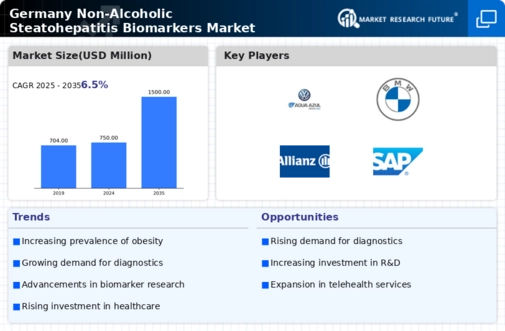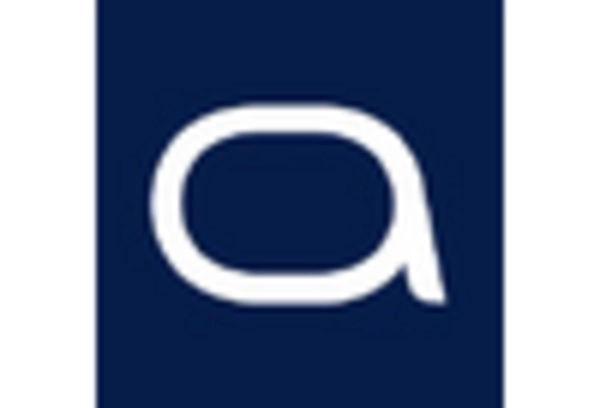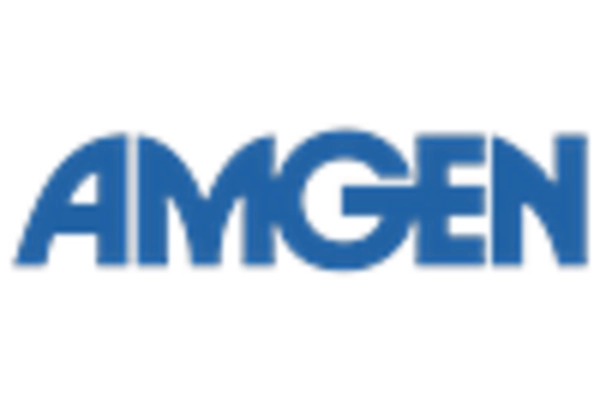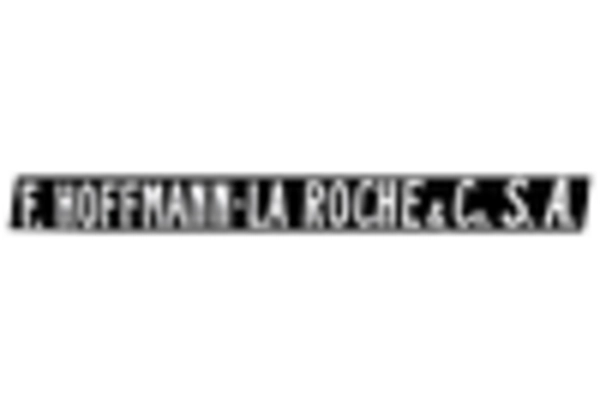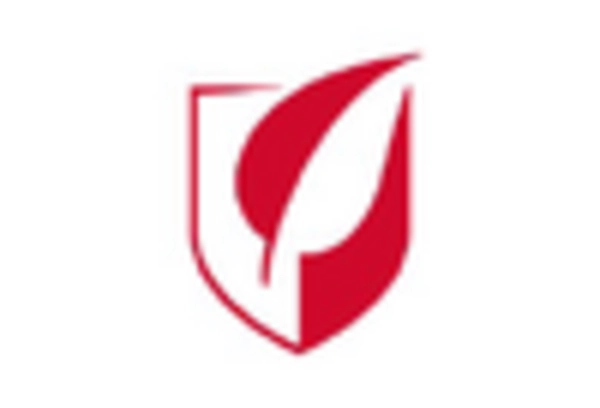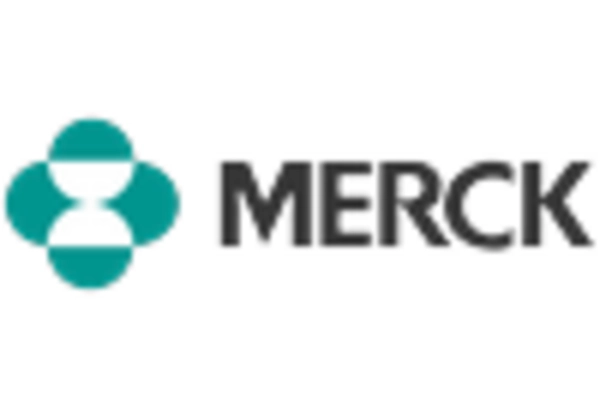Rising Obesity Rates
The prevalence of obesity in Germany has been steadily increasing, which is a significant driver for the non alcoholic-steatohepatitis-biomarkers market. According to recent statistics, around 25% of the adult population is classified as obese, a condition closely linked to the development of NAFLD and NASH. This correlation suggests that as obesity rates rise, so too does the incidence of liver diseases, thereby increasing the demand for effective biomarkers. The market is expected to expand as healthcare providers seek to implement routine screenings and interventions, potentially leading to a market growth rate of 7% annually. This trend underscores the urgent need for reliable biomarkers to manage and treat liver conditions effectively.
Regulatory Framework Enhancements
The regulatory landscape in Germany is becoming increasingly supportive of biomarker development, which is a key driver for the non alcoholic-steatohepatitis-biomarkers market. Recent initiatives by health authorities aim to streamline the approval process for diagnostic tests, thereby encouraging innovation and investment in this sector. The establishment of clear guidelines for biomarker validation is expected to facilitate faster market entry for new products. This regulatory support could potentially lead to a market growth rate of 6% over the next few years, as companies are more inclined to invest in research and development. Such enhancements in the regulatory framework are likely to foster a more robust non alcoholic-steatohepatitis-biomarkers market.
Advancements in Biomarker Research
Innovations in biomarker research are significantly influencing the non alcoholic-steatohepatitis-biomarkers market. Recent studies have identified novel biomarkers that can improve the accuracy of NASH diagnosis and prognosis. These advancements are crucial, as traditional methods often lack specificity and sensitivity. The introduction of non-invasive tests, such as serum biomarkers and imaging techniques, is expected to enhance patient compliance and reduce healthcare costs. As research continues to evolve, the market is likely to see an influx of new products, with an estimated increase in market value reaching €500 million by 2027. This dynamic environment presents opportunities for stakeholders in the non alcoholic-steatohepatitis-biomarkers market.
Increasing Awareness of Liver Health
The growing awareness regarding liver health in Germany is driving the non alcoholic-steatohepatitis-biomarkers market. Public health campaigns and educational initiatives have highlighted the risks associated with non alcoholic fatty liver disease (NAFLD) and its progression to non alcoholic steatohepatitis (NASH). As a result, healthcare professionals and patients are increasingly seeking reliable biomarkers for early detection and monitoring. This heightened awareness is reflected in the rising demand for diagnostic tests, which is projected to grow at a CAGR of approximately 8% over the next five years. Consequently, the non alcoholic-steatohepatitis-biomarkers market is likely to benefit from this trend, as more individuals become proactive about their liver health.
Integration of Digital Health Solutions
The integration of digital health solutions into the healthcare system is emerging as a significant driver for the non alcoholic-steatohepatitis-biomarkers market. Telemedicine and mobile health applications are increasingly being utilized for patient monitoring and management of liver diseases. These technologies enable healthcare providers to track patient data in real-time, facilitating timely interventions. The market for digital health solutions is projected to grow substantially, with estimates suggesting a value of €1 billion by 2026. This trend indicates a shift towards more personalized healthcare, which is likely to enhance the demand for biomarkers that can be easily integrated into digital platforms, thereby benefiting the non alcoholic-steatohepatitis-biomarkers market.


